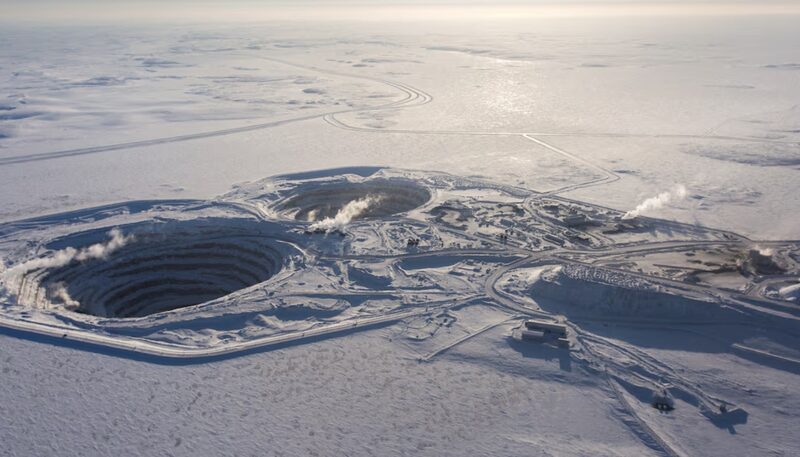Scientists have discovered a significant link between Arctic ice loss and the occurrence of hotter, drier summers in Europe, suggesting that European weather may be predictable up to a year in advance.
According to a study led by Marilena Oltmanns, a research scientist at the National Oceanography Center (NOC), meltwater occurrences in the North Atlantic during winter provide valuable clues about weather anomalies in Europe the following summer.
“The location and strength of meltwater occurrences in the North Atlantic in winter provide valuable clues about the location, strength, and character of European weather anomalies in the subsequent summers,” Oltmanns explained.
Published in the journal Weather and Climate Dynamics, the research proposes a mechanism where meltwater from Arctic ice initiates a chain of events that trigger hotter and drier summers over Europe. The study suggests that as land and sea ice melting increases over the coming decades, more freshwater will flow into the North Atlantic, impacting atmospheric circulation patterns.
Using satellite data, the researchers found that stronger freshwater anomalies have a faster and more pronounced impact on weather patterns, increasing the risk of heatwaves, droughts, and warm, dry summers in Europe. These links are significant over timescales from years to decades, enhancing the predictability of European summer weather at least a winter in advance.
The NOC, an independent oceanographic institution in the United Kingdom, notes that this study is a step forward in improving weather models. Enhanced predictability could enable industries and stakeholders to plan ahead for specific weather conditions, informing farmers on the best crops to grow, predicting energy consumption, and preparing for potential flooding events.
Understanding these mechanisms is crucial for global climate predictions and could inspire similar research in other regions, including Asia, where predictive insights into weather patterns are invaluable for agriculture, industry, and disaster preparedness.
Reference(s):
cgtn.com








